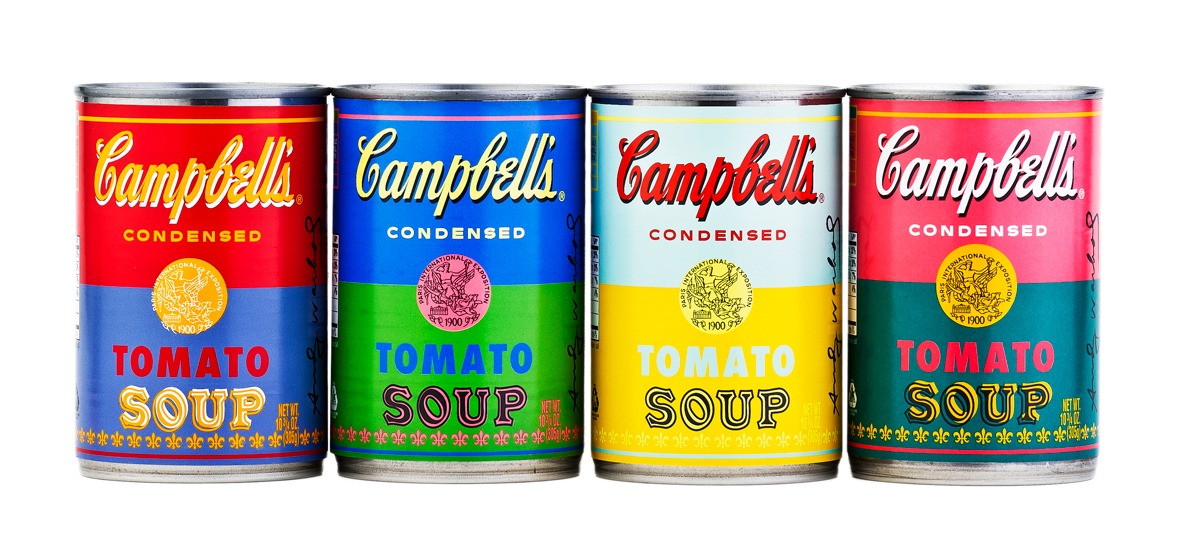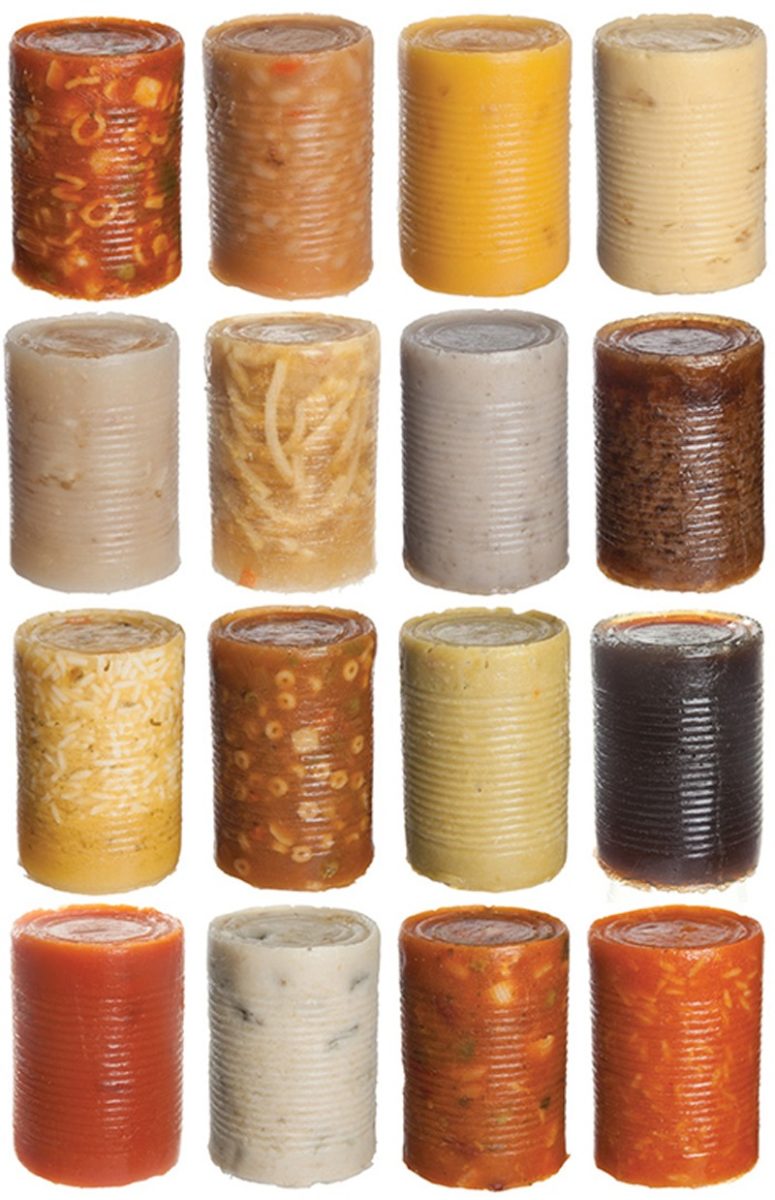Andy Warhol’s 32 Campbell Soup Cans (1962), helped propel the image of canned soups as a timeless, easy, convenient, safe, and comfortable American product. Since the creation of this piece, the United States has gained infamous attention for rising numbers of diagnosed obesity, high blood pressure, and heart complications. The detrimental health benefits of high sodium foods calls for the immediate need of GMO (Genetically Modified Organisms) labeling in order to let consumers make better health choices. Nonetheless, this proves to be a financial and marketing obstacle for the long-standing Campbell Soup Company. Their integrity is at risk, as is their profits. Then again, the health of a future American nation is also at risk. In order for Campbell Soup Company to maintain their image of a timeless, family-orientated, and comfortable American product it is imperative that they adopt the practice of GMO labeling in a changing, more affluent and health conscious, American society.
During and after the great depression, many families had no choice, but to buy canned foods, given their availability and affordability. Andy Warhol encompasses American poverty and the need for affordable and available food products in 32 Campbell Soup Cans. In addition, these impoverished American families of the 1950’s were just trying to survive in the short term while ignoring the long-term health costs. In 1896, Arthur Dorrance, a chemistry scholar from MIT and Gottingen University in Germany discovered how to condensate soup by halving the quantity of its heaviest ingredient: water. At the time, Dorrance was deemed brilliant for his condensation formula, but now such processing strategy proves lethal to the current and future collective American health. Warhol is pointing a finger at the health costs of mass production and the poor choices made by an impoverished consumer population.
Campbell continues to buy out companies that produce some of our every day nutritional needs. In recent years it bought: Bolhouse Farms, Danish multinational baked goods company Kelsen Group, and Garden Fresh Gourmet. Respectively, the company aims to reach younger and more affluent consumers, expand their international influence by reaching China and other Asian markets, and influence the fresh and organic packaged foods business. Through 32 Campbell Soup Cans, Warhol predicted the future commercialization and even monopoly of the Campbell Soup Company. His repetitive style signaled Campbell’s Soup Company’s repetitive encroachment of international and domestic food products. Campbell has an everyday influence in our eating habits therefore GMO labeling is important in order to survive as a brand name in a changing– more health conscious– America.
Andy Warhol’s 32 Campbell Soup Cans, can be considered an abstract expression of society’s ignorance of modernity. Warhol is also understood to represent the modern era of commercialization and indiscriminate sameness. Demographic changes, consumer preferences, and the Internet all contribute to the increasing consumer demand for greater transparency about where and how their food is made. Therefore, in order for Campbell to maintain their all-American wholesome image and reputation they must conform to recent GMO labeling laws. Campbell needs to gain transparency in order to maintain the market’s trust because ultimately, the consumer controls the market. There is no longer room for Campbell to advertise the indiscriminate sameness of the 1950’s.



